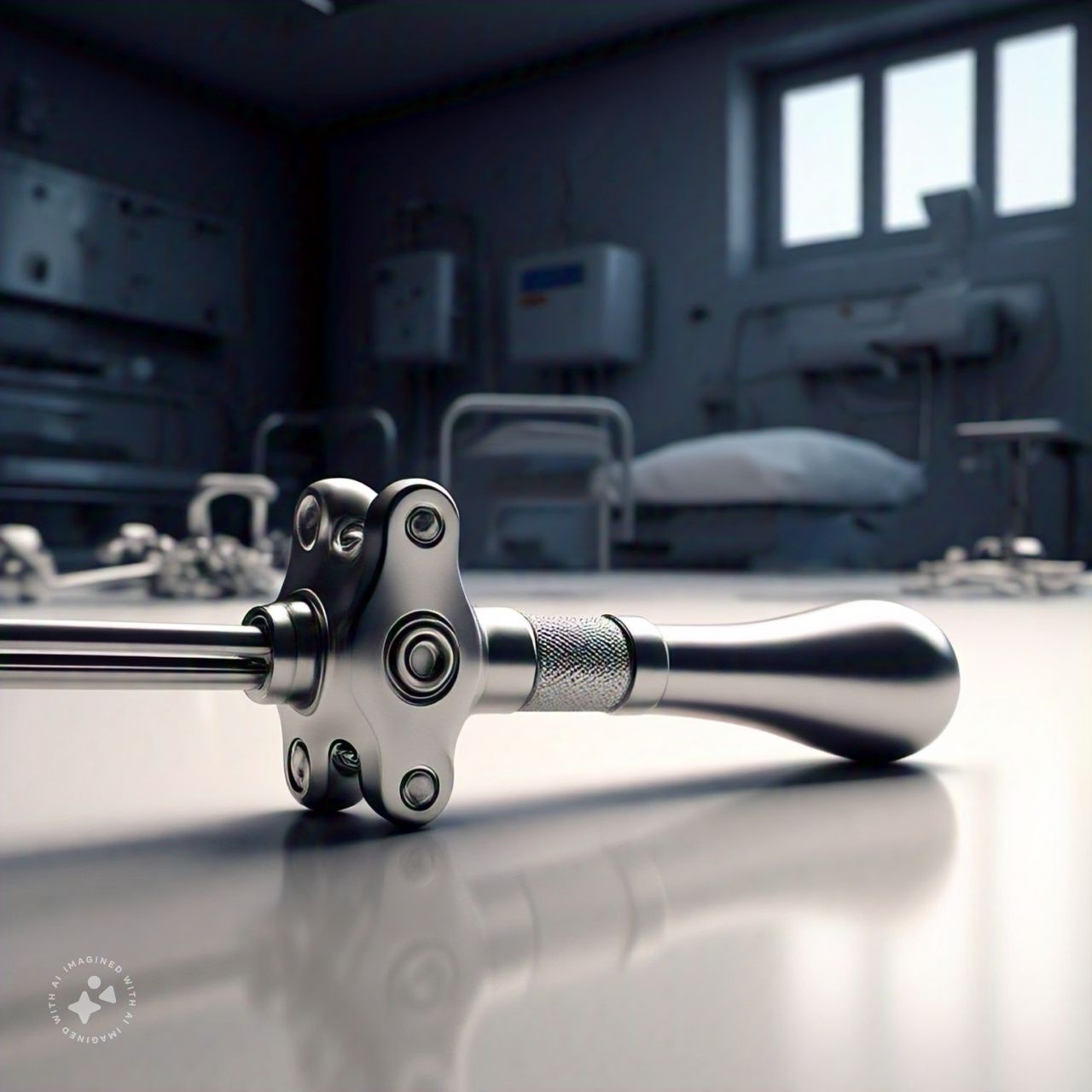How Proper Maintenance Extends the Life of Surgical Tools
Surgical tools are critical assets in the medical field, and ensuring their longevity is paramount for both efficiency and patient safety. Proper maintenance not only enhances their lifespan but also ensures optimal performance during procedures. This guide will explore how routine care can extend the life of surgical instruments and improve their functionality.
1. Importance of Surgical Instrument Maintenance
Surgical instruments are precision tools designed for delicate procedures. Their maintenance is essential to avoid malfunctions, reduce repair costs, and ensure the safety of patients and healthcare professionals. Regular cleaning and proper handling are the first steps in extending their lifespan. For a range of high-quality ophthalmic surgical instruments, explore T Surgical instruments.
2. Cleaning Instruments Immediately After Use
One of the most critical steps in maintaining surgical tools is cleaning them immediately after use. Organic matter such as blood and tissue can harden on the surface, causing corrosion or contamination. Immediate cleaning ensures instruments remain sterile and functional for subsequent procedures.
3. Use the Right Cleaning Solutions
Always use cleaning agents specifically designed for surgical instruments. Harsh chemicals can damage the surface or compromise the integrity of delicate tools, such as ophthalmic instruments. Neutral-pH solutions are often recommended to ensure thorough cleaning without causing harm.
4. Inspect Instruments Regularly
Routine inspection allows you to identify signs of wear, corrosion, or damage early. Look for cracks, dull edges, or any discoloration. Regular checks help prevent small issues from escalating into costly repairs or replacements.
5. Proper Sterilization Techniques
Sterilization is crucial to maintaining the sterility and longevity of surgical tools. Autoclaving is a common method, but ensure you follow the manufacturer’s guidelines to prevent damage. Overexposure to heat or improper techniques can weaken the materials, especially in delicate tools.
6. Lubrication of Moving Parts
Many surgical instruments, such as scissors and forceps, have moving parts that require lubrication to function smoothly. Apply instrument milk or a similar lubricant after cleaning and before sterilization to protect against corrosion and ensure ease of use.
7. Handle Instruments with Care
Improper handling during procedures or transportation can lead to damage. Avoid dropping instruments or using them for tasks they are not designed for. Store them in protective cases or racks to prevent unnecessary wear.
8. Use Instruments for Their Intended Purpose
Each surgical tool is designed for a specific function. Using an instrument outside its intended purpose can cause unnecessary strain or damage. For example, ophthalmic instruments are designed for precision and should not be used for general procedures.
9. Train Staff on Proper Maintenance
Staff handling surgical instruments should be trained in their care and maintenance. Proper training ensures that tools are cleaned, sterilized, and stored correctly, minimizing the risk of damage and extending their lifespan.
10. Schedule Professional Servicing
Despite routine maintenance, surgical instruments require periodic professional servicing. Experts can sharpen dull edges, repair damage, and ensure tools meet medical standards. Partnering with trusted manufacturers, ensures access to professional advice and servicing.
11. Store Instruments Correctly
Improper storage can expose surgical tools to moisture or physical damage. Always store them in a clean, dry environment. Using trays or racks specifically designed for surgical instruments prevents unnecessary contact and wear.
12. Address Corrosion Immediately
Corrosion is one of the leading causes of surgical instrument damage. At the first sign of rust or discoloration, take immediate steps to clean and repair the tool. Preventative measures, such as drying instruments thoroughly, can mitigate this risk.
13. Monitor Usage Frequency
Instruments used frequently may require more stringent maintenance routines. Keeping track of their usage ensures they are serviced and replaced as needed, maintaining their effectiveness during procedures.
14. Invest in High-Quality Instruments
High-quality instruments are more durable and resistant to wear and tear. Investing in products from reputable manufacturers ensures longevity and reduces long-term costs. For top-tier ophthalmic surgical tools, visit T Surgical Instruments.
15. Follow Manufacturer Guidelines
Adhering to the maintenance guidelines provided by the manufacturer is crucial. These guidelines are tailored to the material and design of the instrument, ensuring they remain in peak condition for years.
FAQs
1. Why is cleaning surgical tools immediately after use important?
It prevents organic matter from hardening and causing corrosion or contamination.
2. What cleaning agents are best for surgical instruments?
Neutral-pH solutions specifically designed for surgical tools are recommended.
3. How often should surgical instruments be inspected?
Regularly inspect them before and after each use to identify wear or damage early.
4. Why is proper lubrication important?
Lubrication prevents corrosion and ensures the smooth operation of moving parts.
5. What is the best way to store surgical tools?
Store them in a clean, dry environment, using trays or racks to prevent unnecessary contact.
6. Why should instruments only be used for their intended purpose?
Using tools outside their design can cause damage and compromise their effectiveness.
Also Read
- ► Understanding the Importance of Corporate Security
- ► Best Cable in Pakistan: All You Need To Know
- ► Ice Hockey Fantasy: Strategies for Building Winning Teams
- ► Kojic Acid Face Serum: A Gentle Approach to Skin Lightening
- ► Evolution of Security Guard Training & Certification in Australia
- ► Sp5der Hoodie: The Best Gift for Fashion Lovers
- ► Why Dark Chocolate is the Perfect Gift for Any Occasion?
- ► Hearing Aid Lahore: A Complete Guide
- ► Optimizing Employee Management with HR Technology Tools
- ► Handling Dynamic Web Elements In Selenium
- ► Human Made Official Store: Iconic Styles for Everyone
- ► Top Cisco Distributor in Dubai: Your Comprehensive Guide
- ► Understanding Water Pump and Motor Prices in Pakistan
- ► Stussy Hoodie: A Must-Have for Every Wardrobe
- ► Build a High-Converting Ecommerce Web Design Dubai





